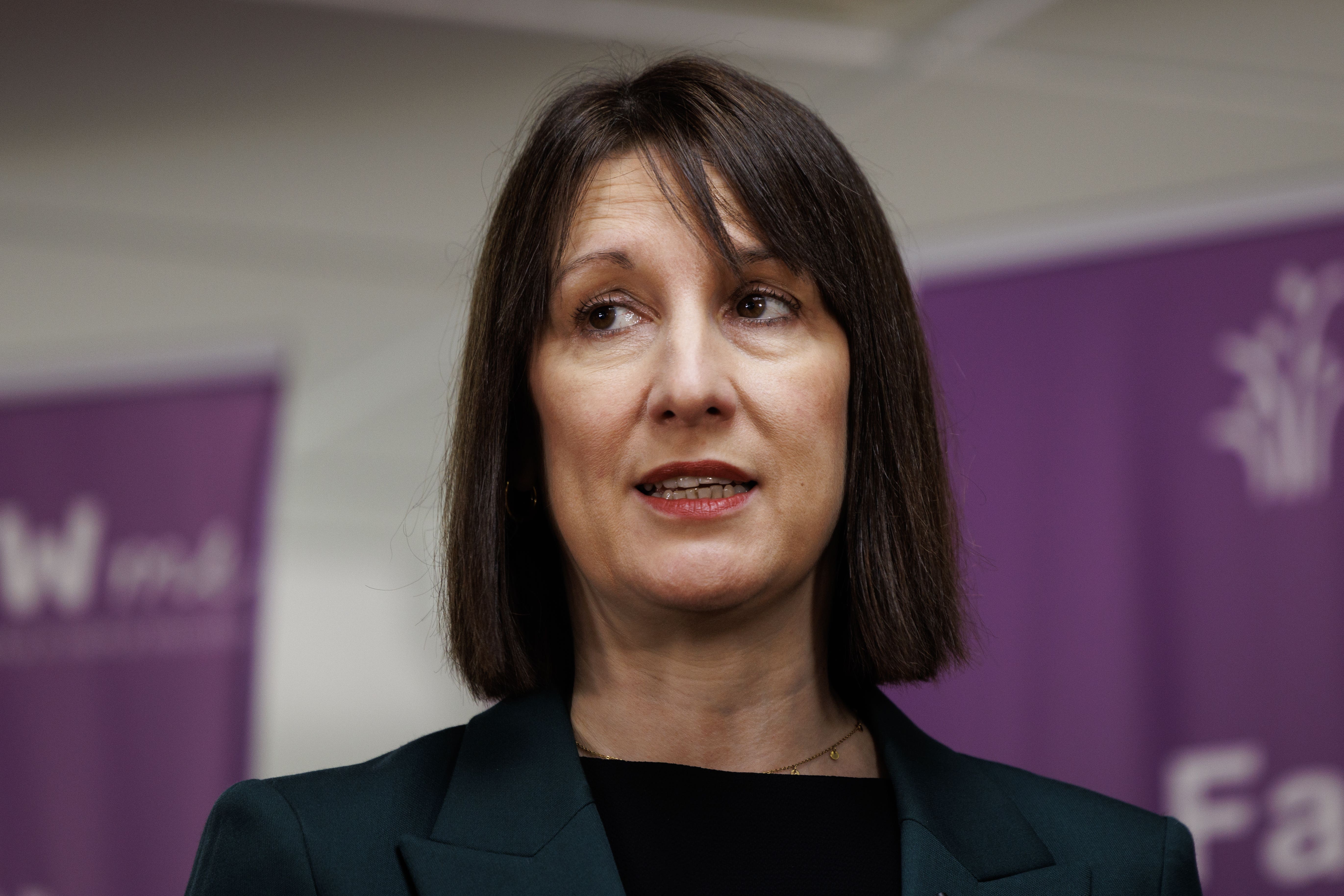UK inflation increases as cigarettes and petrol drive price rises
The Office for National Statistics has announced the latest monthly Consumer Prices Index reading
Your support helps us to tell the story
From reproductive rights to climate change to Big Tech, The Independent is on the ground when the story is developing. Whether it's investigating the financials of Elon Musk's pro-Trump PAC or producing our latest documentary, 'The A Word', which shines a light on the American women fighting for reproductive rights, we know how important it is to parse out the facts from the messaging.
At such a critical moment in US history, we need reporters on the ground. Your donation allows us to keep sending journalists to speak to both sides of the story.
The Independent is trusted by Americans across the entire political spectrum. And unlike many other quality news outlets, we choose not to lock Americans out of our reporting and analysis with paywalls. We believe quality journalism should be available to everyone, paid for by those who can afford it.
Your support makes all the difference.The rate of price rises in the UK increased to 2.6 per cent in November, as a hike in tobacco duty and petrol costs drove inflation higher.
The Office for National Statistics (ONS) announced the latest monthly Consumer Prices Index (CPI) reading on Wednesday, up from 2.3 per cent in October.
The inflation level swung back above the Bank of England’s 2 per cent target in October, largely because of household energy bills being pushed up as the price cap rose.
Prices are now rising at the fastest rate since March, following the second consecutive month of increasing inflation.
Chancellor of the Exchequer Rachel Reeves said the figures are a “reminder that for too long the economy has not worked for working people”, while Shadow Chancellor Mel Stride blamed a “series of irresponsible and inflationary decisions” from the Treasury.

At the end of October, taxes paid on cigarettes and other tobacco products increased in line with inflation, which is likely to be a major driver of higher inflation last month, according to economists.
Food and alcohol prices have also edged higher ahead of the festive season, and an increase in petrol costs between October and November has added to overall price pressures.
The UK’s services sector, which encompasses everything from hospitality and leisure, to real estate, education and healthcare, has been closely monitored by the Bank of England because of concerns that inflationary pressures have remained more persistent.
The latest inflation data will come after ONS figures showed wage growth rose by more than expected in the three months to October. Earnings growth also outstripped inflation by 3 per cent over the same period, with CPI taken into account.
Shadow Chancellor of the Exchequer Mel Stride says a “series of irresponsible and inflationary decisions” are to blame for leaving inflation “higher than it was forecasted in March”. He added: “These figures mean higher costs in the shops, less money in working people’s pockets and risks keeping mortgage rates higher for longer. Working people cannot afford Labour.”
Chancellor of the Exchequer Rachel Reeves said: "I know families are still struggling with the cost of living and today’s figures are a reminder that for too long the economy has not worked for working people.
“I am fighting to put more money in the pockets of working people. That’s why at the Budget we protected their payslips with no rise in their national insurance, income tax or VAT, boosted the national living wage by £1,400 and froze fuel duty.
"Since we arrived real wages have grown at their fastest in three years. That’s an extra £20 a week after inflation. But I know there is more to do. I want working people to be better off which is what our Plan for Change will deliver.”
Daisy Cooper, the Liberal Democrat treasury spokesperson, said the government has made “serious mistakes” and needs to “reverse these short-sighted decisions or people will continue to suffer”.
Dr George Dibb, associate director for economic policy at the Institute for Public Policy Research, said the figures pose “no immediate cause for concern” and “align with the Bank of England’s forecasts”. The “real concern” is a stifled growth driven by the Bank of England’s high interest rates, Dr Dibb added.
CEO of Chetwood Bank Paul Noble described the rise as a “financial gut punch for Britons preparing for the year’s most expensive season”. He warned it could be a “sign of a prolonged period of inflation above the government’s target”.
Sanjay Raja, a senior economist at Deutsche Bank, warned of “pressure building” at the beginning of 2025 as a result of business taxes rising and the increased minimum wage.
He said: “Looking ahead, we continue to see more upward pressure building – particularly within the services basket as the rise in employer national insurance contributions (NICs), the change in employer NICs threshold, and hikes to the national living wage all start to push prices higher around the start of 2025.”

Join our commenting forum
Join thought-provoking conversations, follow other Independent readers and see their replies
Comments